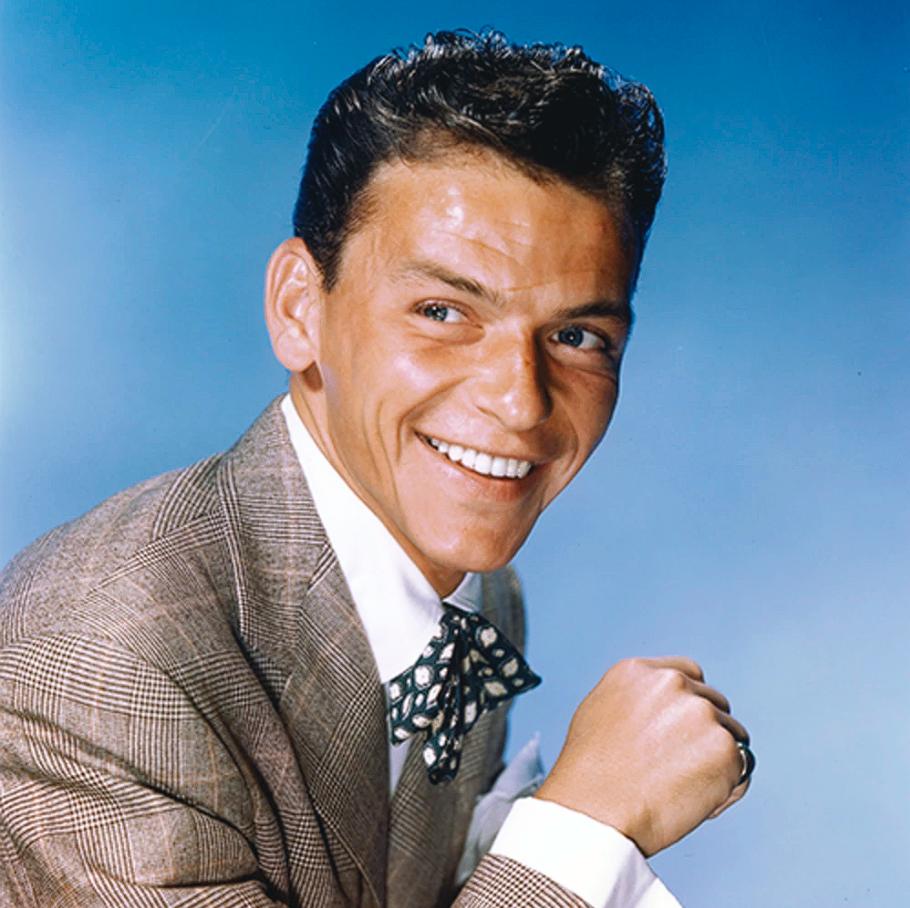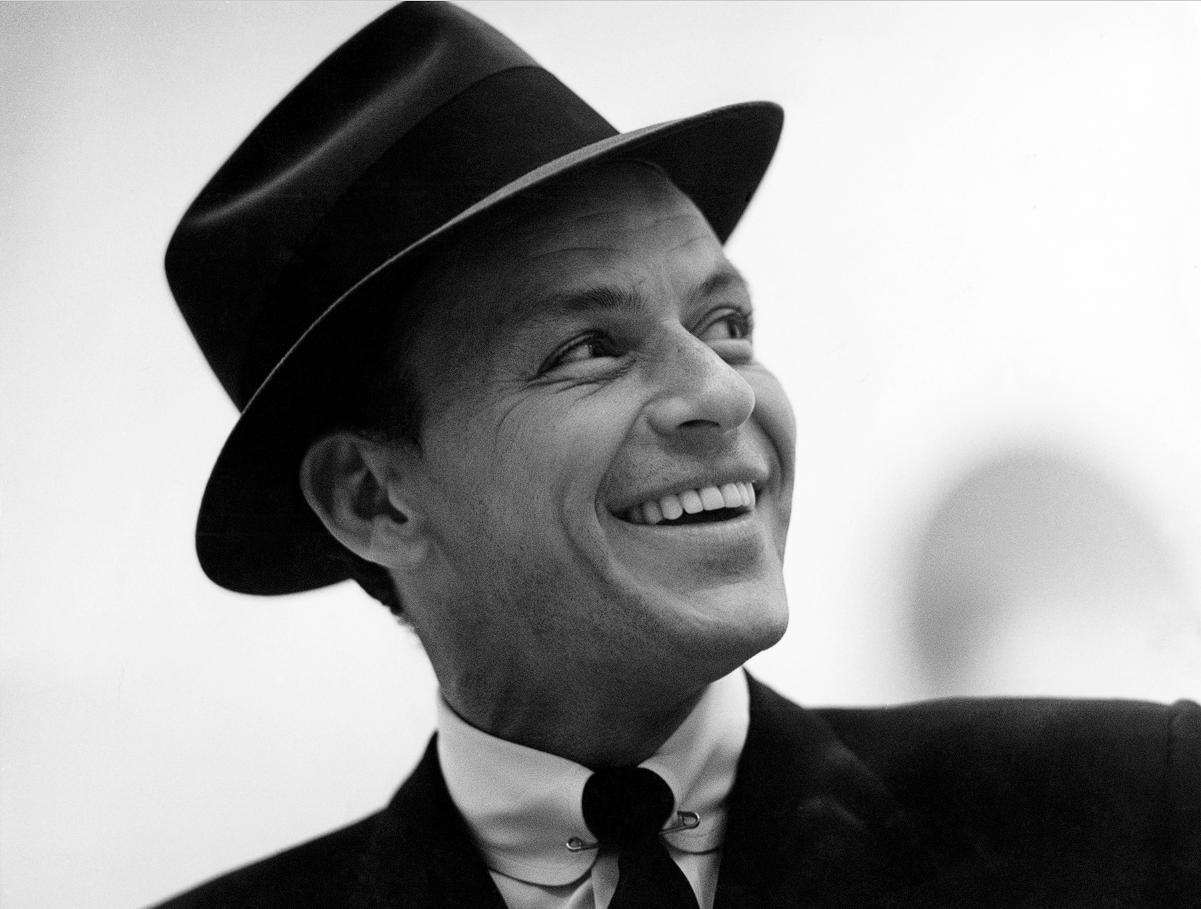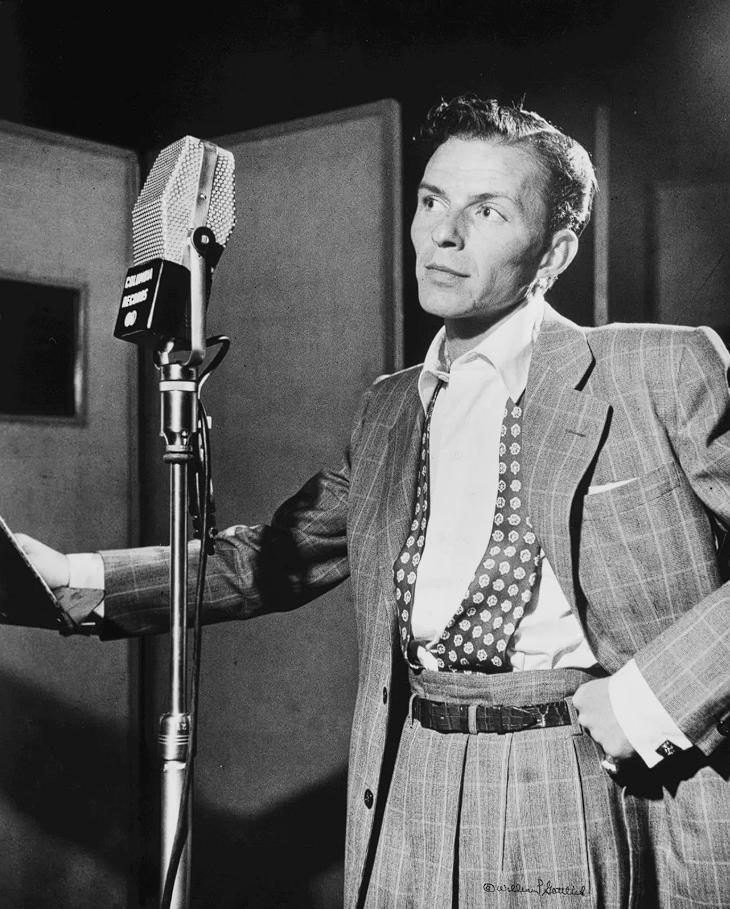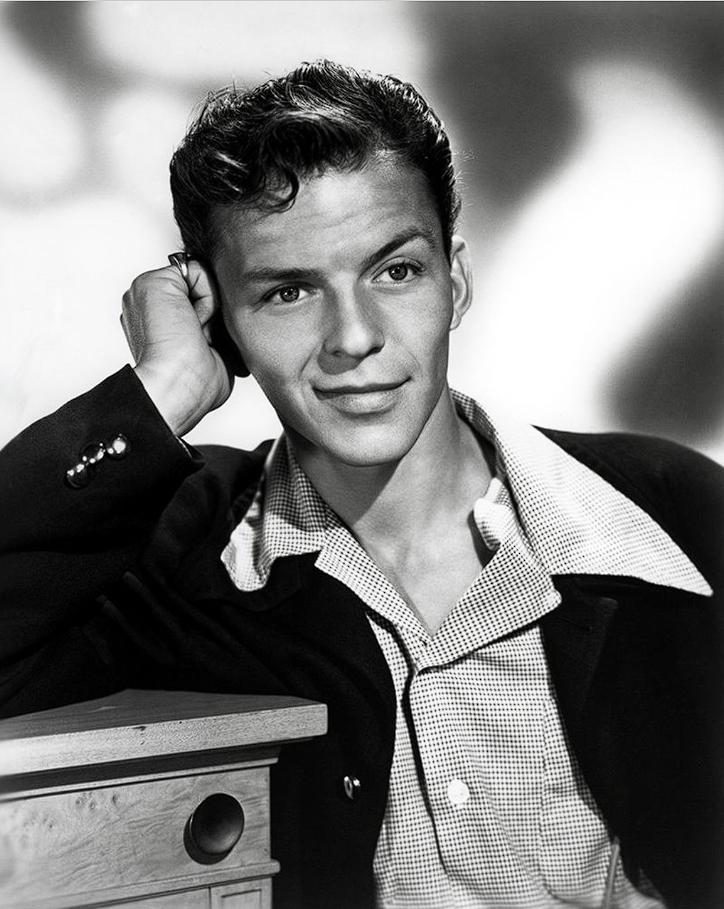Frank Sinatra: The Golden Voice Behind the Shadows
Frank Sinatra’s voice was silk and smoke—effortless, elegant, unforgettable. From the soaring confidence of “My Way” to the romantic lift of “Fly Me to the Moon,” he gave America its soundtrack through war, peace, and cultural revolution. To many, he embodied the American Dream: a working-class kid from Hoboken, New Jersey, who rose to become the most celebrated entertainer of the 20th century. But behind the tailored suits and the swaggering charisma was a man deeply entangled in his own complexities—a man whose life offstage was far less harmonious than his music.
From Hoboken to Hollywood
Born in 1915 to Italian immigrants, Francis Albert Sinatra entered the world with a fight—literally. Weighing over 13 pounds at birth and suffering injuries during delivery, his first breath was nearly his last. But he survived, and with that stubborn will, he would take on the world.
Growing up during the Great Depression, Sinatra’s world was one of economic hardship and immigrant resilience. Music became his escape. Inspired by Bing Crosby and the jazz orchestras of the 1930s, he began singing in local clubs, eventually catching the eye of big band leaders Harry James and Tommy Dorsey. It was with Dorsey’s band that Sinatra’s phrasing, breath control, and emotional depth began to stand out—earning him legions of swooning fans and the nickname “The Voice.”
By the 1940s, he was more than a crooner. He was a phenomenon.
Fame, Passion, and Personal Collapse
Sinatra’s rise was dazzling, but fame had a price. The hysteria he inspired—especially among teenage girls dubbed “bobby soxers”—turned him into a national obsession. Yet behind the scenes, the pressure to maintain perfection began to crack the foundation. When his popularity dipped in the late ’40s, he fell into a spiral of depression and self-doubt.
Then came Ava Gardner.
The smoldering Hollywood star was more than just another romance. For Sinatra, she was the great love of his life—and also his undoing. Their marriage was fiery, passionate, and doomed. The volatility between them was mirrored in Sinatra’s own emotional turbulence. After their divorce, he reportedly attempted suicide. His career faltered, studios turned their backs, and the press painted him as a has-been.
But Sinatra never stayed down for long. In 1953, he clawed his way back with a stunning Oscar-winning performance in From Here to Eternity. The comeback wasn’t just professional—it was a resurrection.
Shadows in the Spotlight
Sinatra’s charm was legendary, but so were his demons. He drank heavily, had a notoriously short temper, and could shift from warmth to fury in seconds. His relationships with women, whether fleeting affairs or high-profile marriages—like those with Mia Farrow and Nancy Barbato—were often turbulent and riddled with betrayal.
Then there were the whispers: the Mob, the Rat Pack, the backroom deals. Sinatra was frequently linked to organized crime figures, and while he denied involvement, his connections raised eyebrows. From performing at Mafia-run casinos to being photographed with notorious figures, the line between friendship and collusion was often blurred.
Still, the allure of Sinatra never waned. He embodied cool in a way few ever have. Alongside Dean Martin, Sammy Davis Jr., Peter Lawford, and Joey Bishop, he turned Las Vegas into a glittering playground of song, smoke, and scandal. To many, Sinatra was untouchable—both adored and feared.
A Legacy That Endures
Even as musical tastes shifted in the 1960s and ’70s, Sinatra adapted. He recorded enduring hits, toured the world, and cultivated a myth around himself—equal parts legend and enigma. But time is relentless. By the 1990s, age and illness began to quiet the once-mighty voice.
Sinatra died in 1998 at the age of 82. On that day, the world lost not just a singer, but a cultural titan.
More Than a Voice
Frank Sinatra remains a towering figure in American music—not only for his art but for the contradictions he embodied. He was a perfectionist plagued by insecurity, a lover who left hearts broken, a patriot with dangerous friends, a star whose brilliance sometimes blinded him to his own darkness.
His story is not one of a perfect life, but of an extraordinary man who lived loudly, loved deeply, and fell hard. He sang for the dreamers and the loners, the romantics and the rebels. And though he never escaped the shadows entirely, he turned his pain into music that continues to echo long after the final note.
He did it his way—and the world has never stopped listening.
